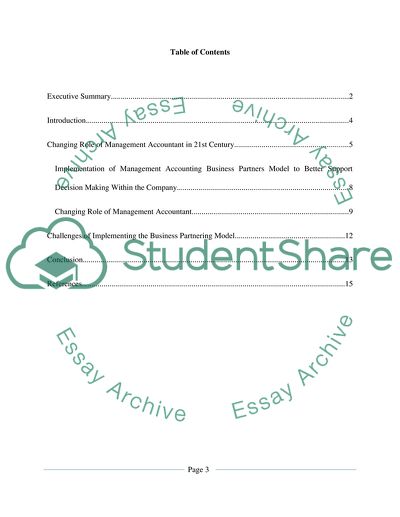Cite this document
(“MANAGEMENT ACCOUNTING AND FINANCIAL MANAGEMENT 'The role of Management Essay”, n.d.)
Retrieved from https://studentshare.org/finance-accounting/1661438-management-accounting-and-financial-management-the-role-of-management-accountants-at-tesco-plc
Retrieved from https://studentshare.org/finance-accounting/1661438-management-accounting-and-financial-management-the-role-of-management-accountants-at-tesco-plc
(MANAGEMENT ACCOUNTING AND FINANCIAL MANAGEMENT 'The Role of Management Essay)
https://studentshare.org/finance-accounting/1661438-management-accounting-and-financial-management-the-role-of-management-accountants-at-tesco-plc.
https://studentshare.org/finance-accounting/1661438-management-accounting-and-financial-management-the-role-of-management-accountants-at-tesco-plc.
“MANAGEMENT ACCOUNTING AND FINANCIAL MANAGEMENT 'The Role of Management Essay”, n.d. https://studentshare.org/finance-accounting/1661438-management-accounting-and-financial-management-the-role-of-management-accountants-at-tesco-plc.


